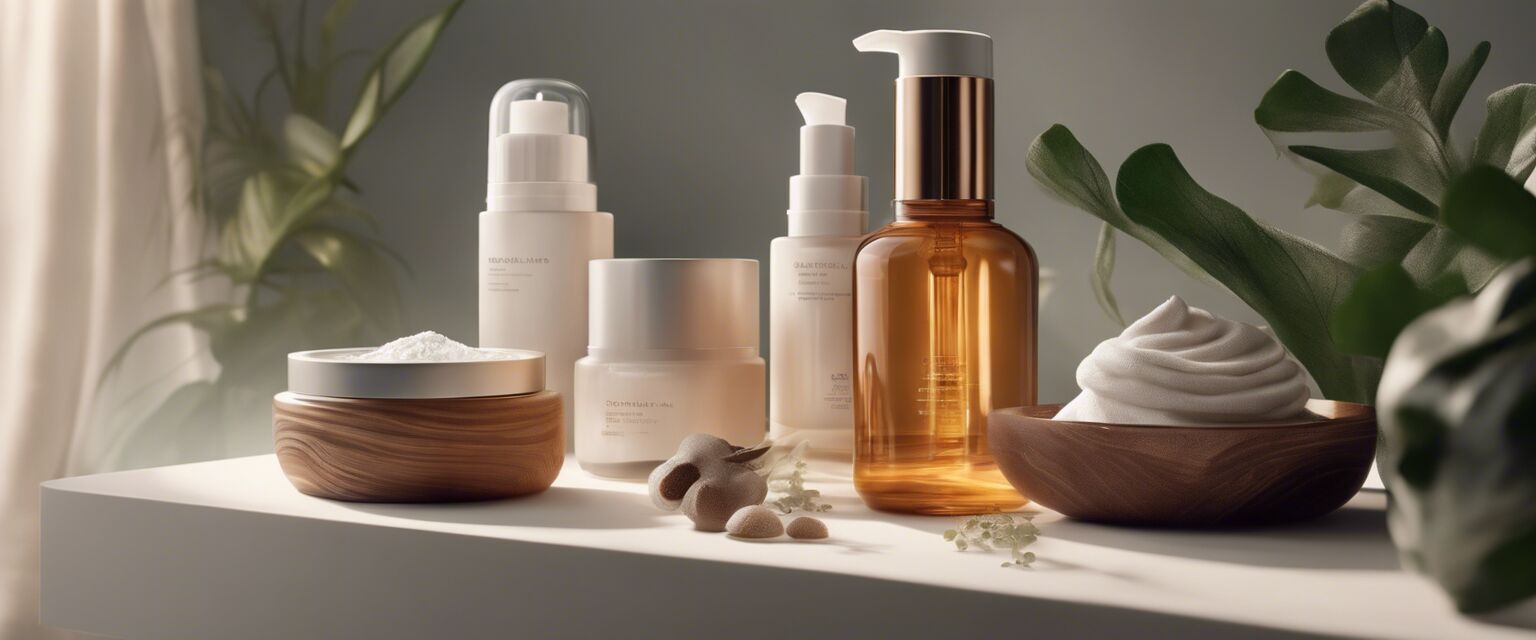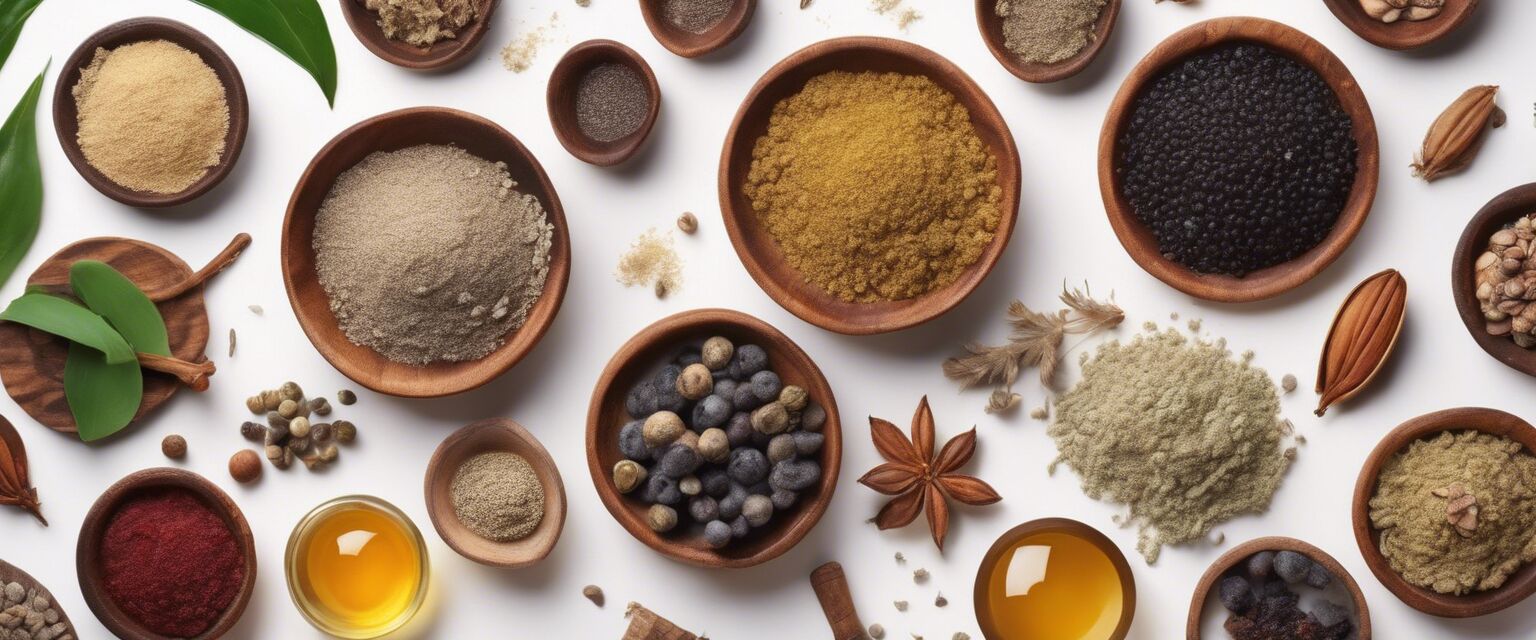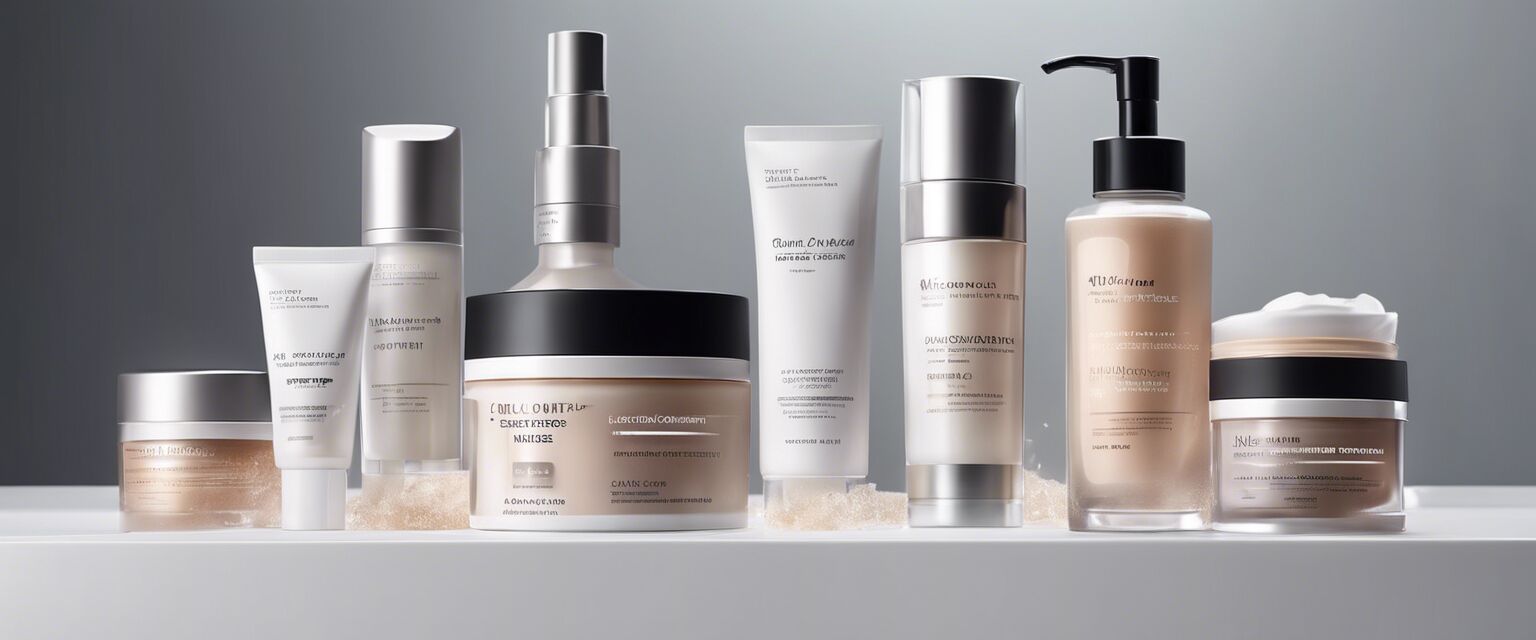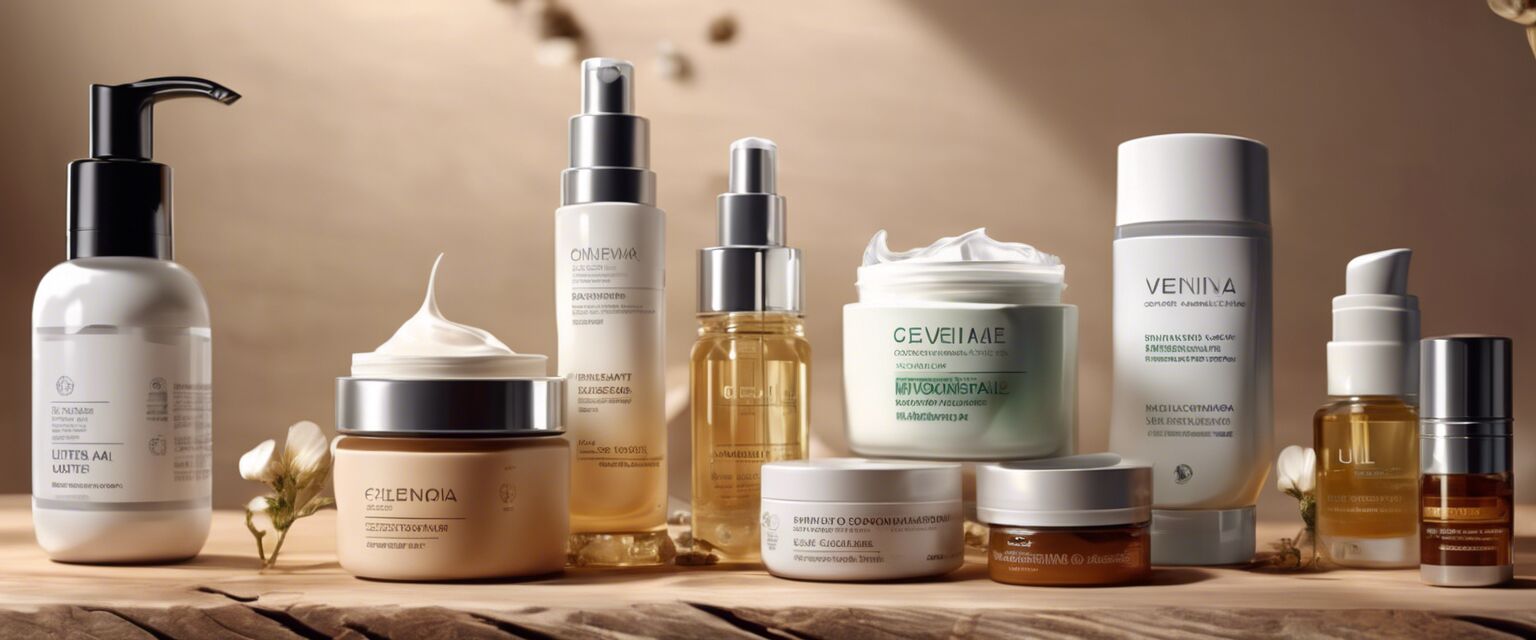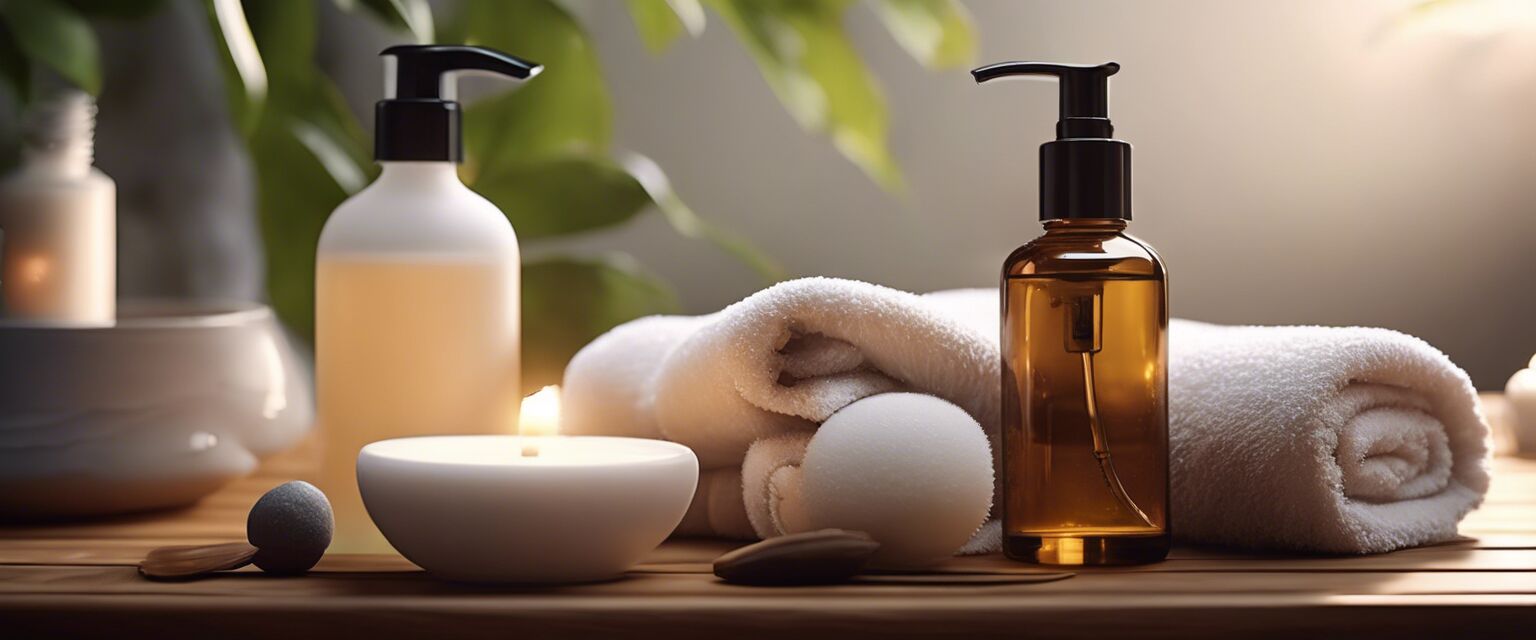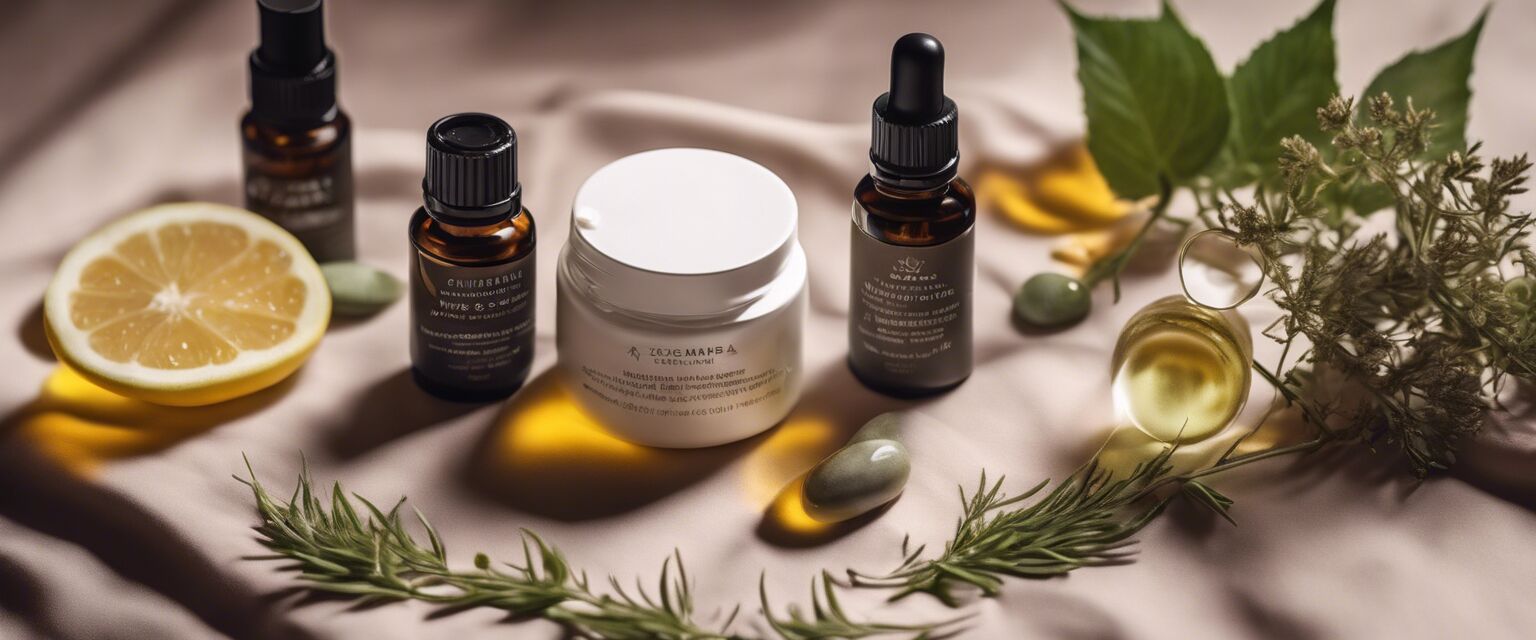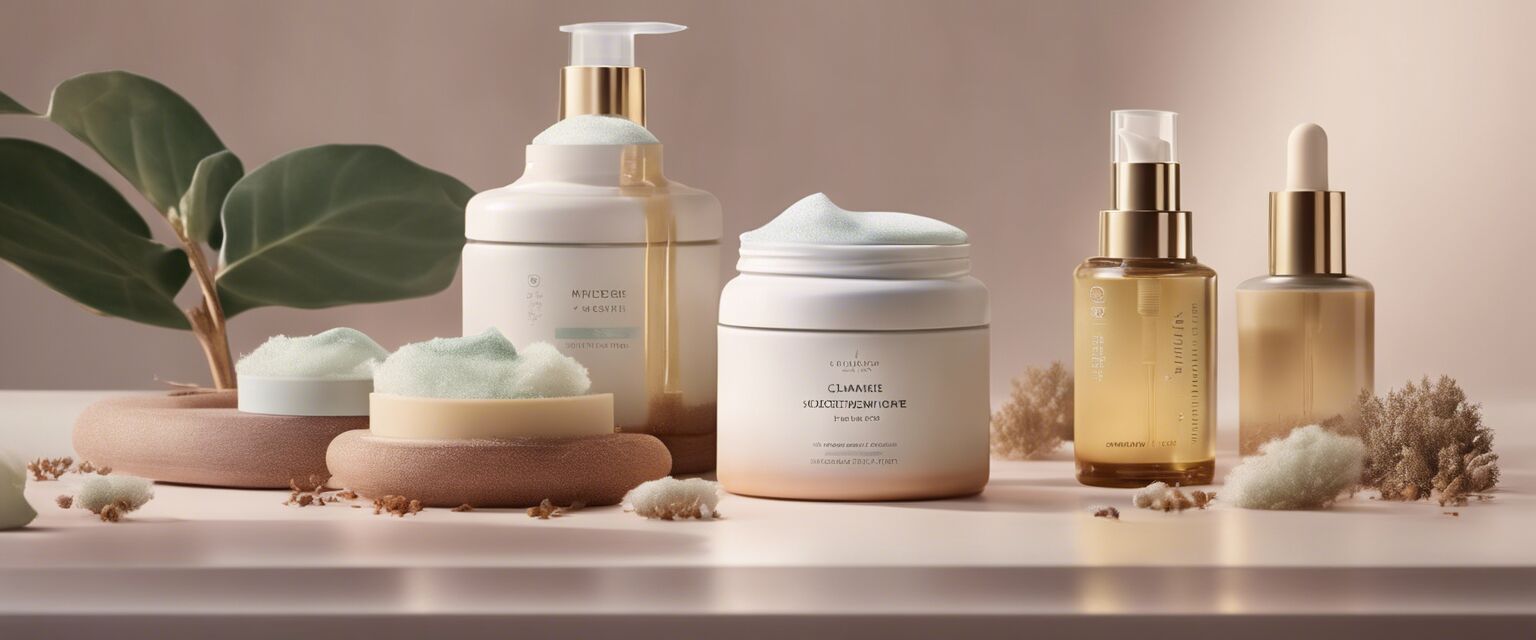
Anti-Inflammatory Treatments
Key Takeaways
- Anti-inflammatory treatments can soothe irritated skin and reduce redness.
- Natural ingredients often provide effective relief without harsh chemicals.
- Consulting a dermatologist is advisable for persistent skin issues.
- Regular skin care routines can help maintain skin health and prevent flare-ups.
Inflammation can lead to various skin issues, including redness, irritation, and discomfort. Understanding anti-inflammatory treatments is essential for anyone looking to improve their skin health. In this article, we will explore different treatments, effective ingredients, and tips for maintaining calm, healthy skin.
What causes skin inflammation?
Skin inflammation can be triggered by several factors, including:
- Allergic reactions
- Environmental irritants
- Hormonal changes
- Infections
- Stress and lifestyle factors
Common anti-inflammatory treatments
| Treatment | Description | Key Ingredients |
|---|---|---|
| Topical creams | Applied directly to the skin to reduce inflammation. | Corticosteroids, Aloe Vera, Chamomile |
| Oral medications | Prescribed by doctors for severe cases. | NSAIDs (Non-steroidal anti-inflammatory drugs) |
| Natural remedies | Home-based solutions for mild irritation. | Calendula, Green tea |
| Facial masks | Soothing masks to calm the skin. | Honey, Oatmeal, Yogurt |
Top ingredients for anti-inflammatory treatments
When choosing products, look for the following ingredients known for their anti-inflammatory properties:
- Aloe Vera: Known for its soothing properties.
- Green tea: Contains antioxidants that help reduce inflammation.
- Chamomile: Calming effects, perfect for sensitive skin.
- Honey: Natural humectant with anti-inflammatory benefits.
- Turmeric: Contains curcumin, known for its anti-inflammatory effects.
Tips for reducing skin inflammation
Beginner's Tips
- Identify and avoid your triggers.
- Be gentle with your skin; avoid harsh scrubs.
- Incorporate a daily moisturizing routine.
- Stay hydrated to maintain healthy skin.
- Use sunscreen to protect your skin from UV damage.
Recommended routines
Developing a consistent skincare routine can help keep inflammation at bay. Here's a simple daily routine to follow:
- Cleanse your face gently.
- Apply a soothing toner.
- Use a serum with anti-inflammatory ingredients.
- Moisturize your skin with a calming cream.
- Apply sunscreen during the day.
FAQs about anti-inflammatory treatments
1. How long does it take to see results from anti-inflammatory treatments?
Results can vary based on the individual and the type of treatment. Some may notice improvements within a few days, while others may require a few weeks.
2. Are there any side effects?
Some treatments may cause side effects, especially if used excessively. Always consult with a dermatologist before starting a new treatment.
3. Can diet affect skin inflammation?
Yes, a diet rich in anti-inflammatory foods like fruits, vegetables, and omega-3 fatty acids can benefit skin health.
Conclusion
Understanding and addressing skin inflammation is crucial for maintaining healthy skin. With the right treatments and skin care routines, you can effectively manage irritation and redness. Always be mindful of your skin's needs and consult professionals when necessary.
Pros
- Reduces redness and irritation.
- Soothes and calms the skin.
- Can improve overall skin appearance.
- Wide range of treatment options available.
Cons
- Some treatments may cause side effects.
- Results can vary from person to person.
- Natural remedies may take longer to show effects.
- Requires consistency for optimal results.
Additional Resources
For reviews about skincare products, check out our other categories:
Love your skin, it’s the only one you’re in!
